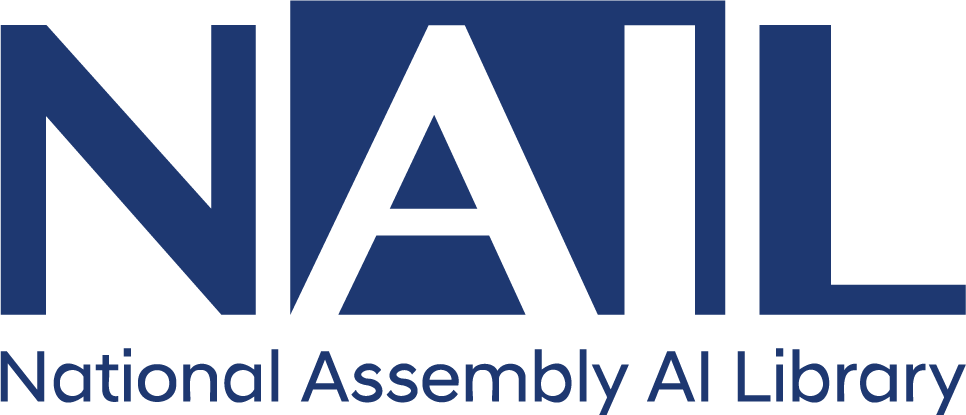
□ AMRO는 아세안+3 지역은 견고한 국내 소비·투자와 함께, 반도체·관광 산업 등 대외수요 개선에 힘입어 2025년 4.2%, 2026년 4.1% 성장하며 4%대의 안정적 성장세를 지속할 것으로 전망함
- 한국의 경우 2025년 1.6%, 2026년 1.9% 성장을 예상함
- 한편, 2025년 역내 인플레이션은 1.7%로 전망했으며, 한국도 이와 유사한 1.9% 상승을 예상함
□ 다만 AMRO는 향후 하방위험이 우세한 상황이라고 언급하면서, 특히 미국의 보호무역 정책 강화는 글로벌 무역 경로를 통해 역내 성장을 둔화시킬 수 있다고 지적함
- 그 외 글로벌 금융여건의 긴축, 주요 경제권 성장둔화, 원자재 가격 급등을 단기 하방요인으로 꼽았으며, 장기적으로는 인구 고령화 및 기후변화, 기술적 충격 등을 지목함
ㅇ 향후 정책 방향과 관련하여, 재정정책은 단기적인 경기 대응 능력을 유지하면서도, 중장기적으로는 재정 완충여력을 확보하는데도 노력할 필요가 있음을 지적함
ㅇ 통화정책 관련해서는 국가별 여건에 따라 조정 폭과 시기를 신중하게 결정하되, 금융·대외안정성도 고려하여야 한다고 강조함
[출처] 아세안+3 거시경제조사기구(AMRO) 2025년 지역경제전망(AREO) 보고서 발표 (2025.04.15.) / 기획재정부 보도자료
목차
Foreword
Acknowledgments
Abbreviations
Chapter 1. Macroeconomic Prospects and Challenges 1
Highlights 22
I. Economic Developments in 2024: Solid Growth Despite Rising Uncertainties 3
Robust Domestic Demand Anchored Growth 6
External Sector Recovery Strengthened Growth Momentum 4
Inflation Normalized from Post-Pandemic Surge 10
Financial Conditions Continued to Ease 11
External Position Remained Resilient 13
II. Outlook for ASEAN+3: Steady Growth amid Heightened Uncertainties 15
Key Factors Shaping Near-Term Outlook 20
III.Risks to the Outlook: Tilted to the Downside 25
IV.Policy Considerations: Preparing for a Highly Uncertain Environment 30
Fiscal Policy 31
Monetary Policy 35
Appendix 37
References 39
Chapter 2. Inflation in ASEAN+3: Changing Dynamics and Policy Implications 40
Highlights 41
I. Introduction 42
II. Contextualizing the Recent ASEAN+3 Inflation Experience 43
Lower and More Short-Lived Inflation 43
Relatively Moderate Volatility Despite Wider Sectoral Variability 45
Well-Anchored Inflation Expectations 50
Evolving Dynamics Between Goods and Services Inflation 51
III.Disentangling the Underlying Shifts in Inflation Dynamics 53
Rising Role of Supply Factors in Driving Inflation 53
Interplay of Global and Domestic Forces in Shaping Inflation 61
IV.Policy Experience and Lessons Learnt 69
Policy Responses by ASEAN+3 Economies 69
Monetary Tightening to Stem Demand Pressures 69
Fiscal Support to Minimize Inflation Passthrough 70
Supply Management to Stabilize Domestic Prices 71
Policy Lessons Learnt to Safeguard Price Stability 71
Annex 1. Methodology: Supply and Demand Decomposition 77
Annex 2. Methodology: Global and Domestic Factors 78
References 79
Chapter 3. Long-term Growth of ASEAN+3: Prospects and Policies 81
Highlights 82
I. Introduction 83
II. Long-term Trend Growth in ASEAN+3 84
Understanding the Past 85
Exploring the Future 91
III.Productivity Growth and Structural Change in ASEAN+3 99
Analyzing Structural Change in ASEAN+3: The Frameworks 101
Industrialization Stalling in Some Economies 103
Wide Productivity Gaps Against the Frontier 105
Services Development Still Lagging 105
IV.Policy Considerations and the Way Forward 112
Future Growth Pathways for ASEAN+3: Five Policy Considerations 118
1: Upgrading Manufacturing Capabilities 119
2: Prioritizing High Skills and Quality Services 120
3: Closing Investment Gaps 121
4: Boosting Innovation and Leveraging on Technology 122
5: Strengthening State Capacity 124
References 132
Online Annexes
Annex 1. Growth Accounting Framework
Annex 2. ASEAN+3 Growth Potential Trends and Projections, by Economy
Annex 3. Decomposition of Labor Productivity Gains
Annex 4. Classification of Economies by Stage of Structural Change
Annex 5. Classification of Economies by Phase of Industrialization
Annex 6. Labor Productivity Distance to the Global Frontier
Annex 7. Progress of Structural Change Relative to Peers
Annex. Developments in ASEAN+3 Economies 139
Brunei Darussalam 140
Cambodia 143
China 146
Hong Kong, China 149
Indonesia 152
Japan 155
Korea 158
Lao PDR 161
Malaysia 164
Myanmar 167
The Philippines 170
Singapore 173
Thailand 176
Vietnam 179



